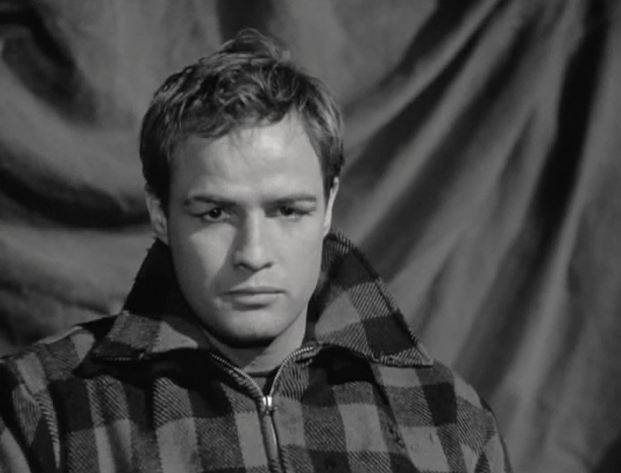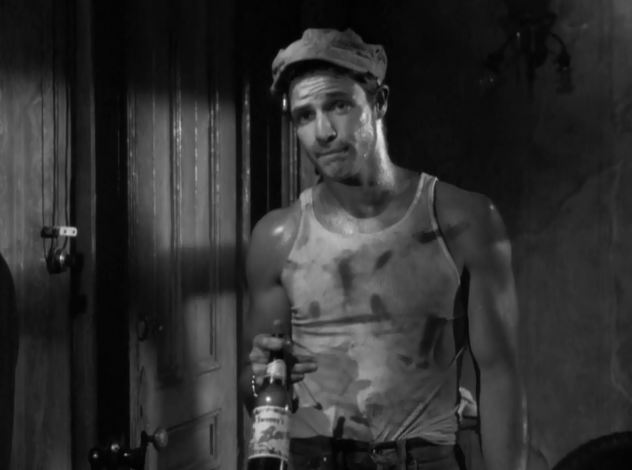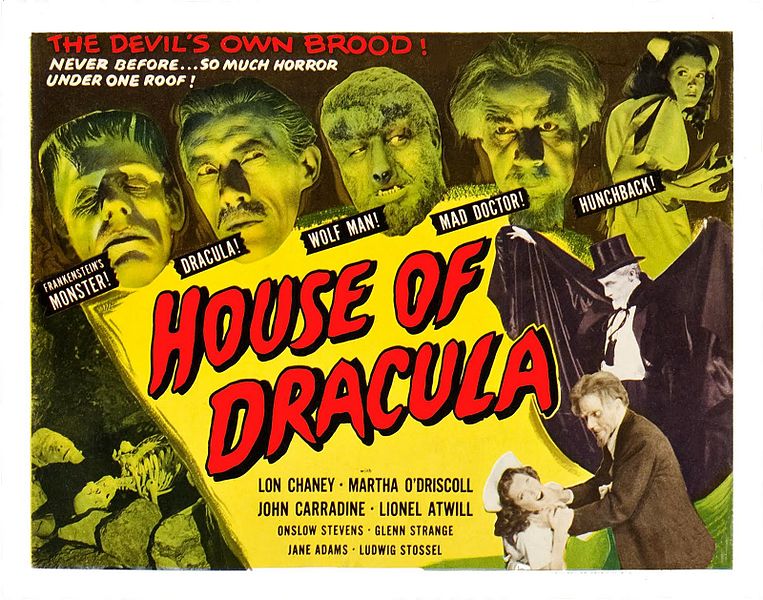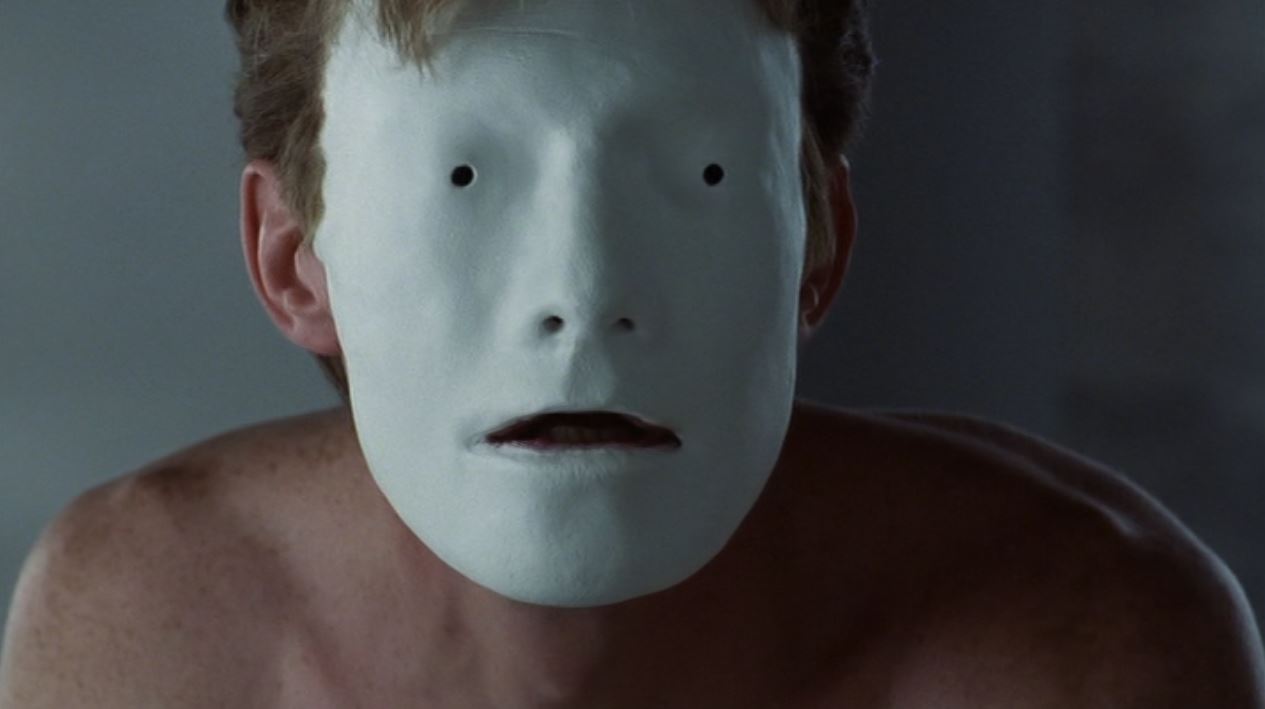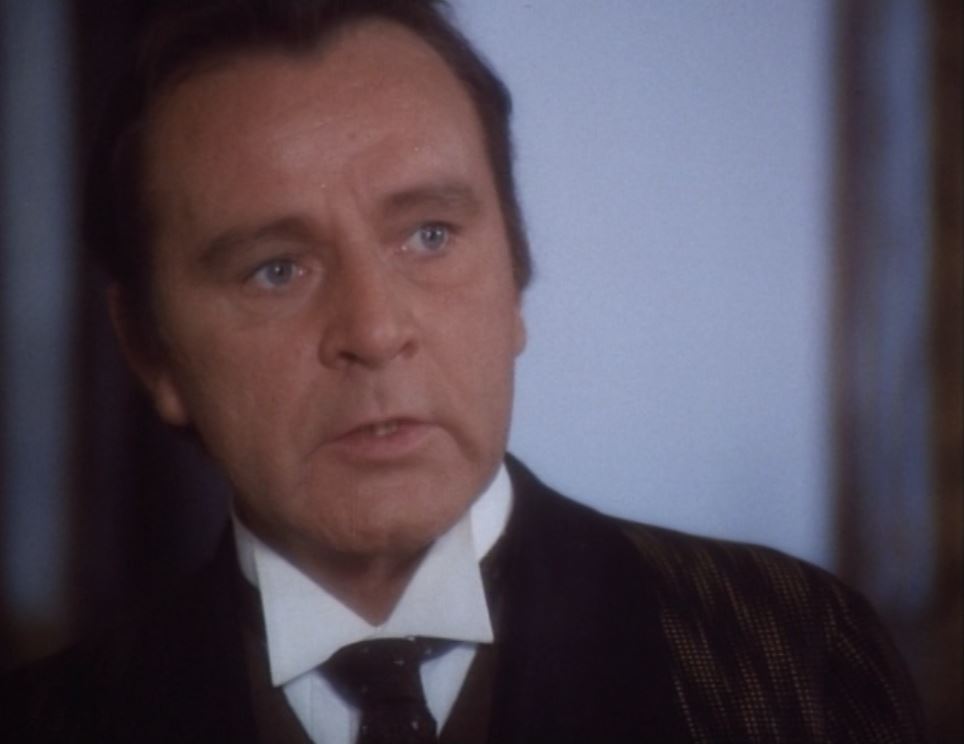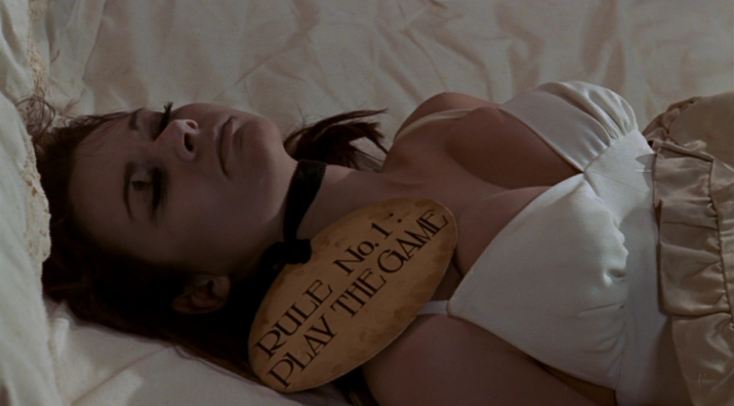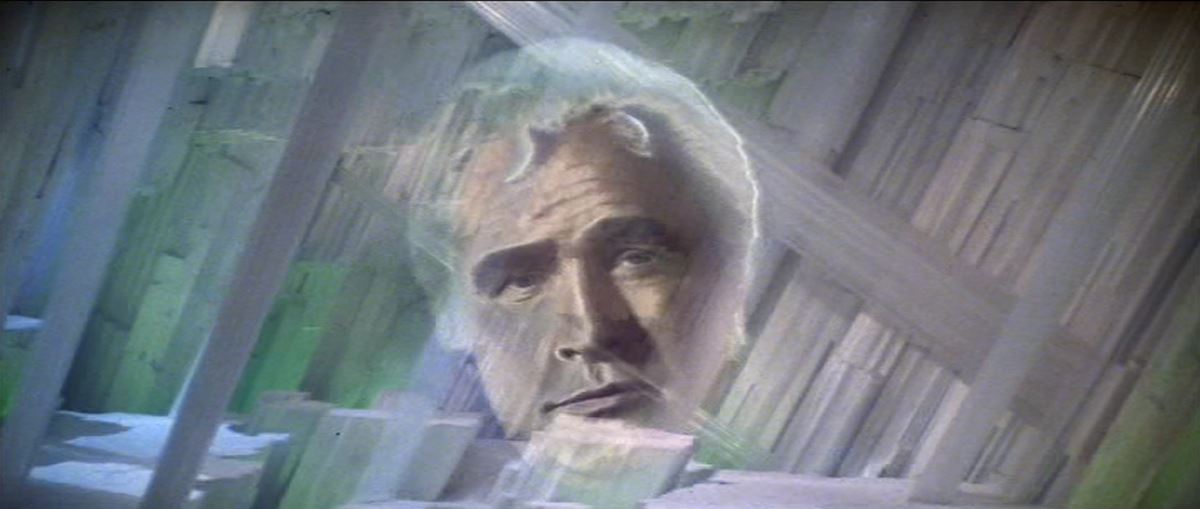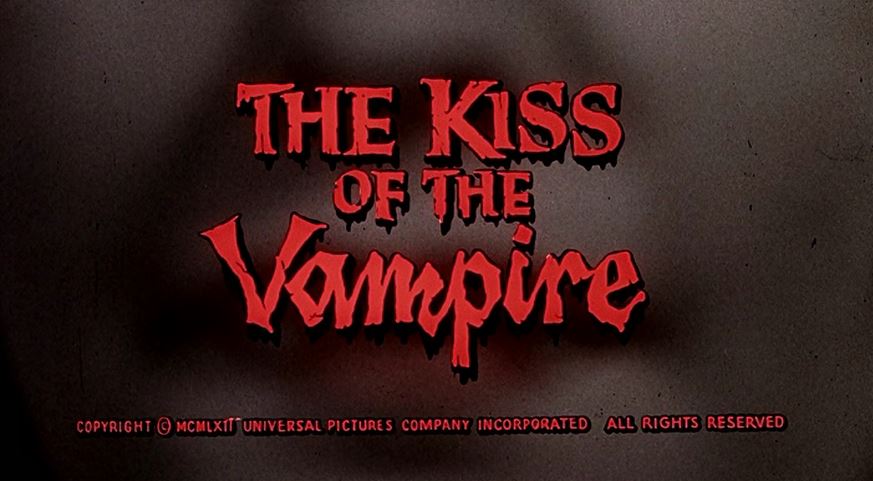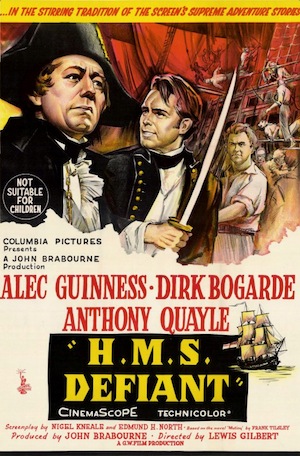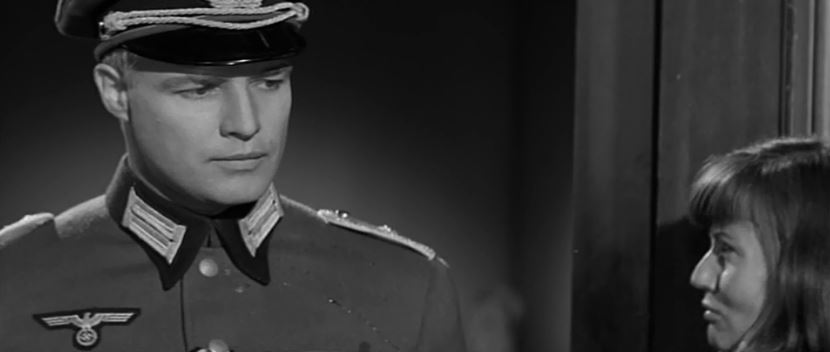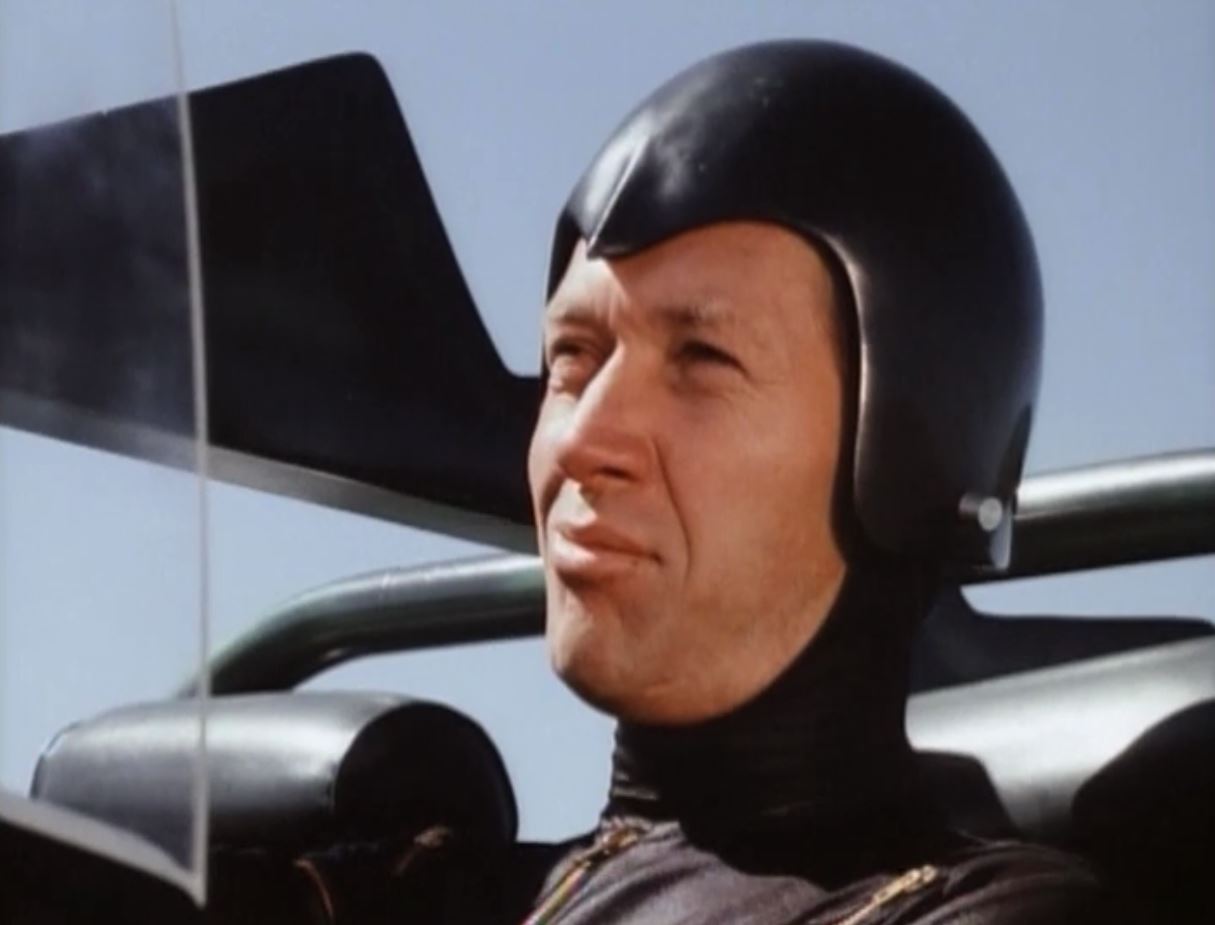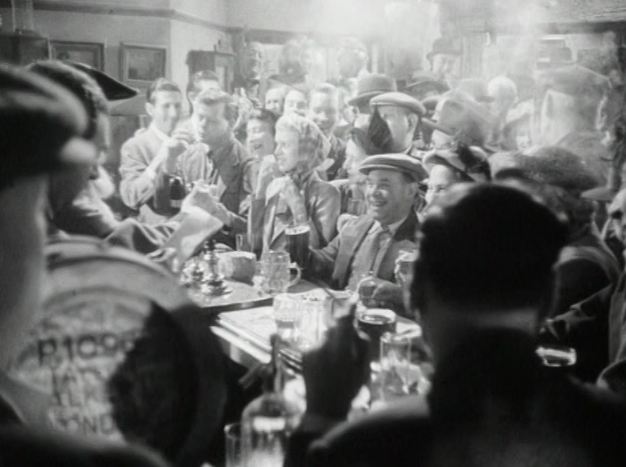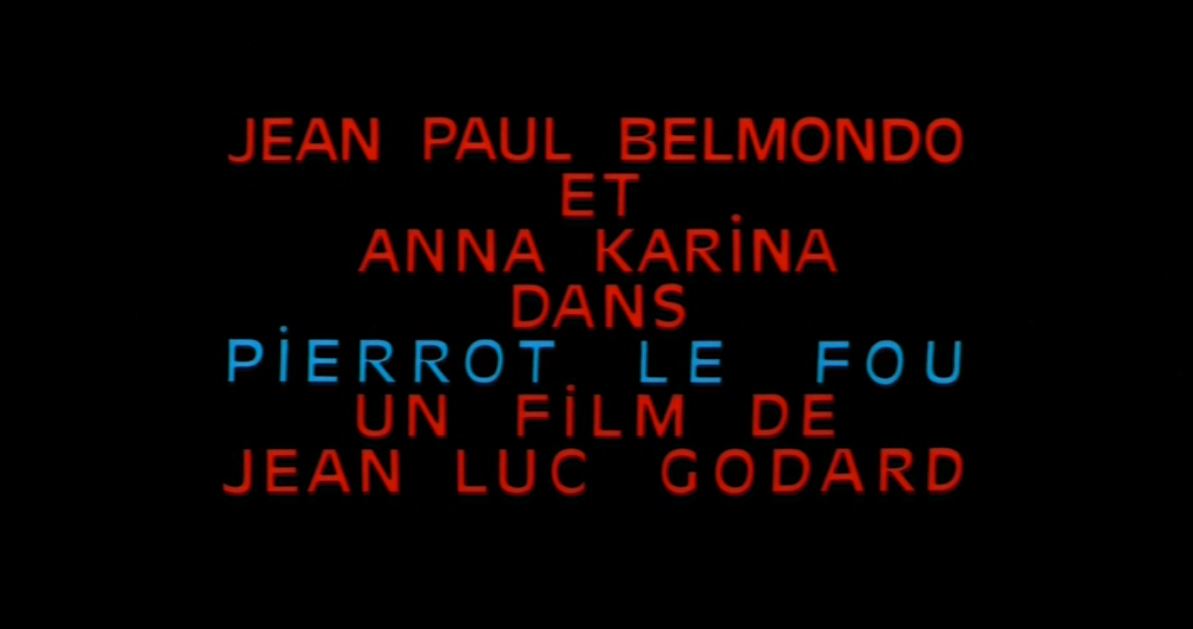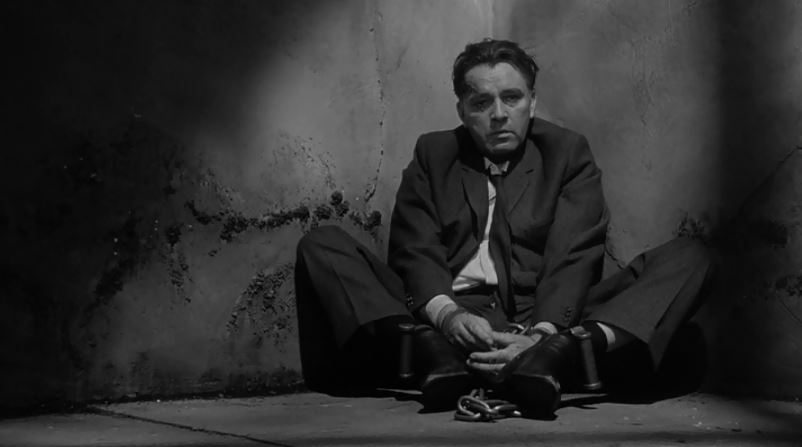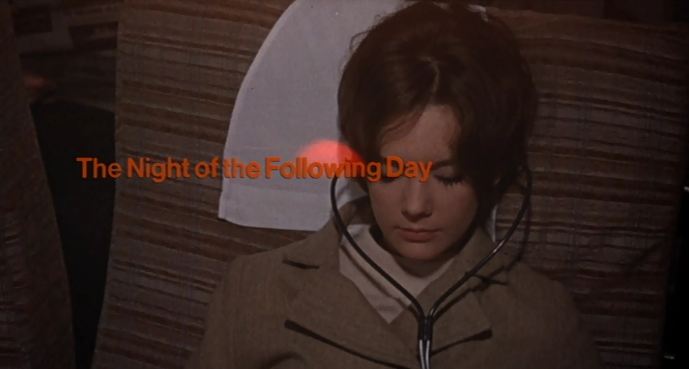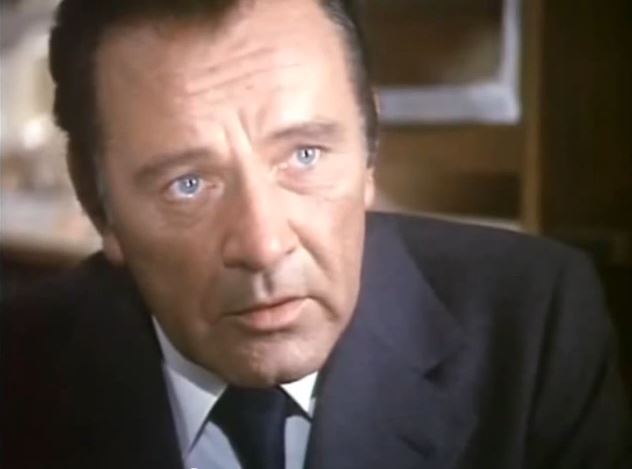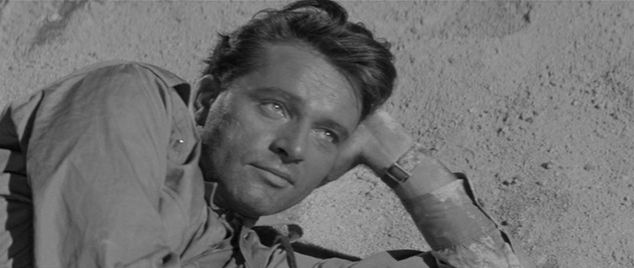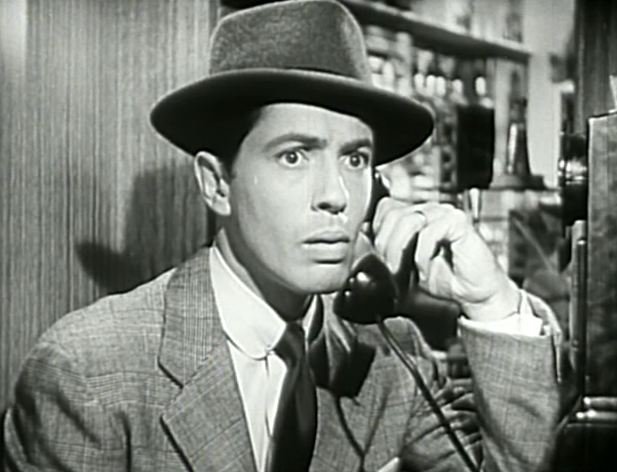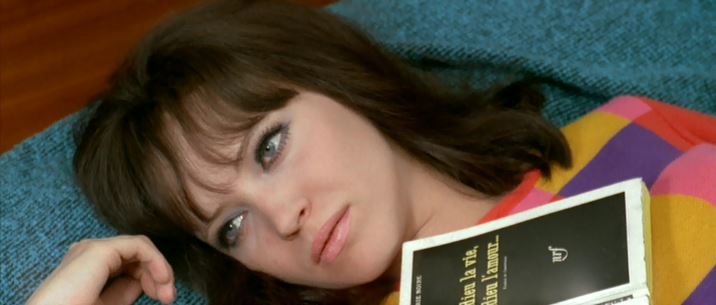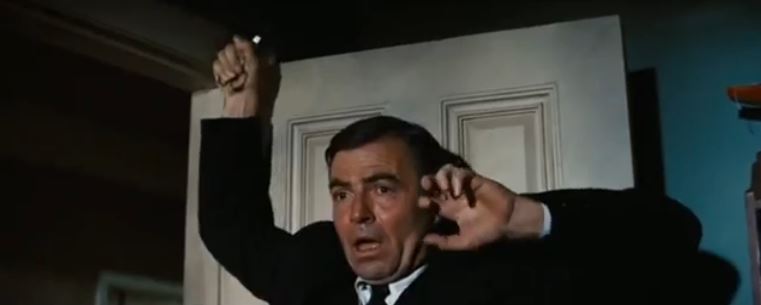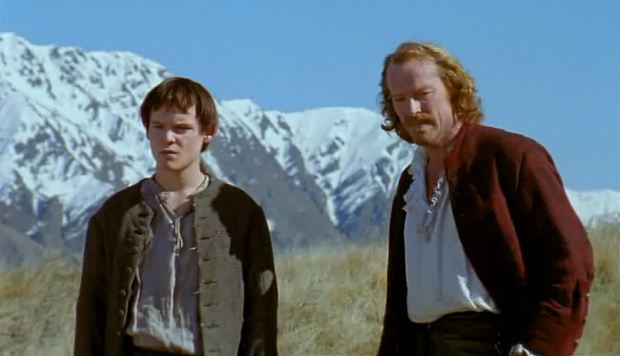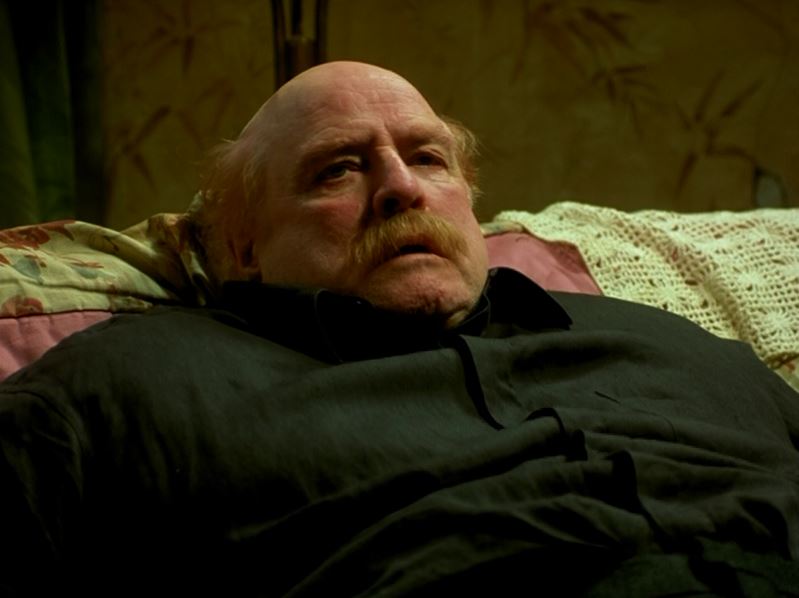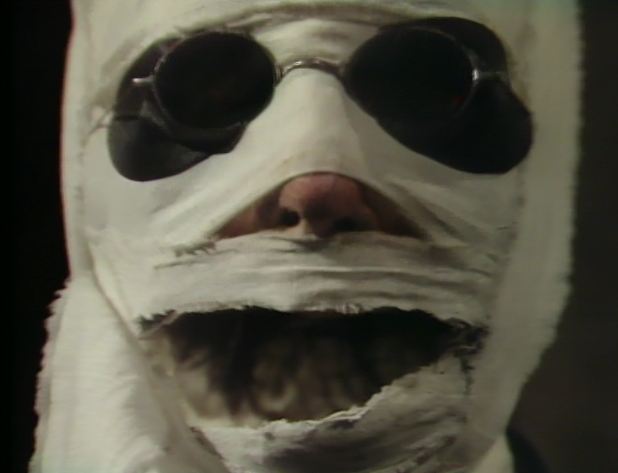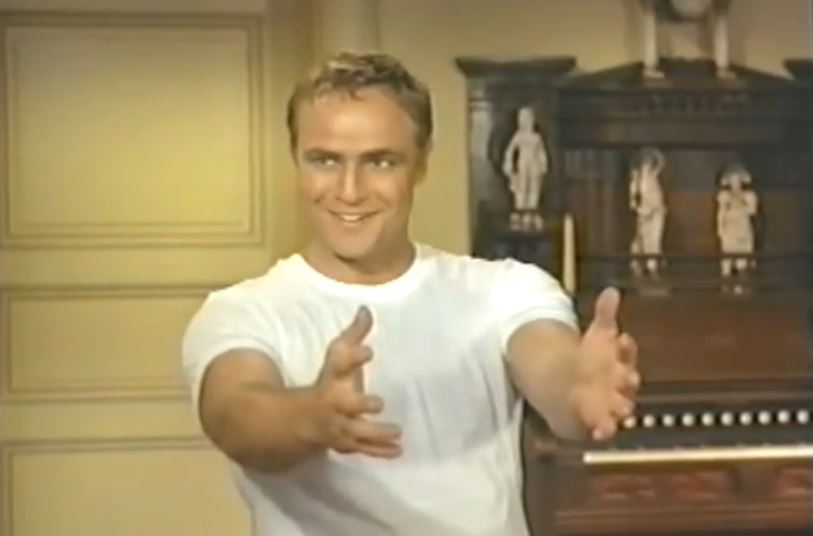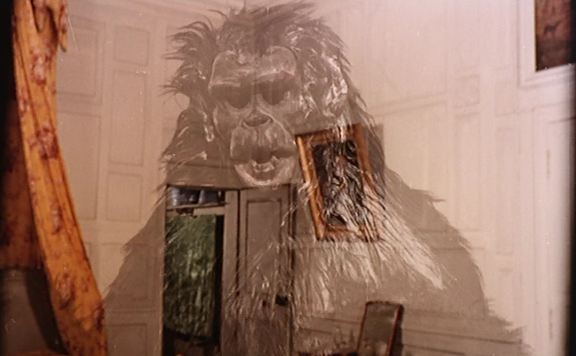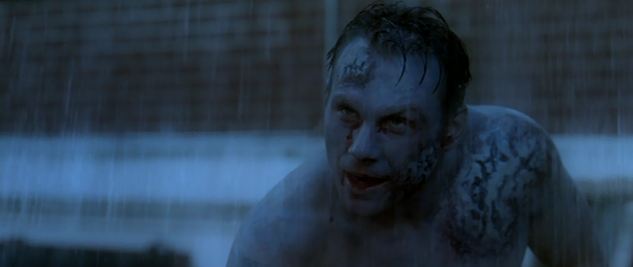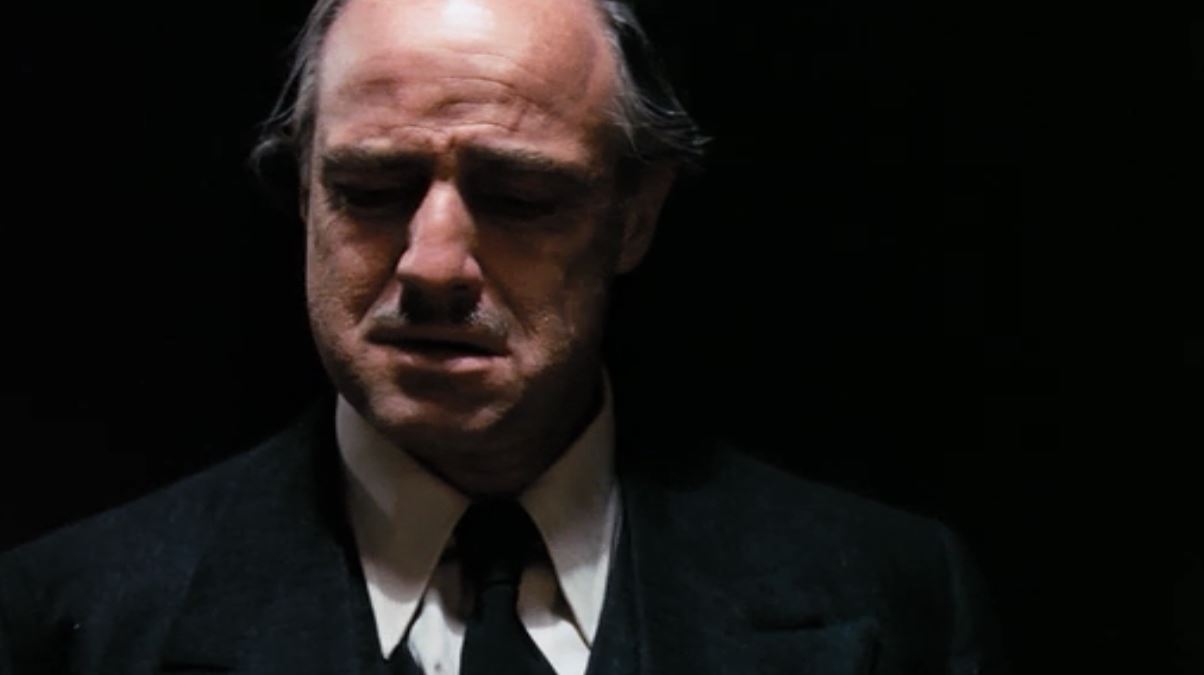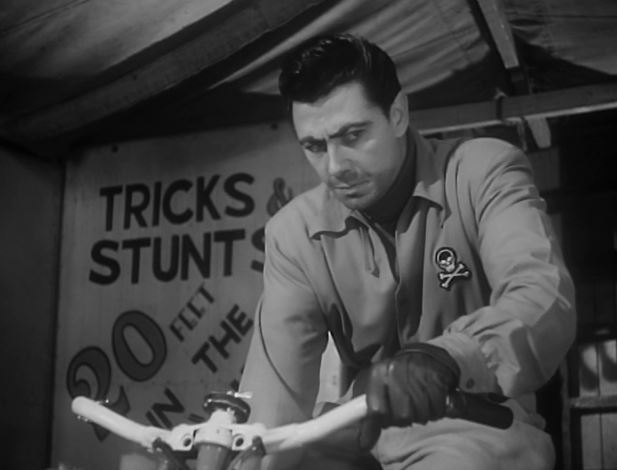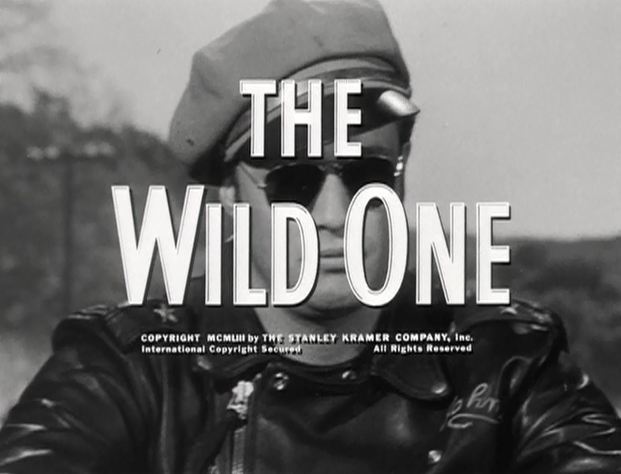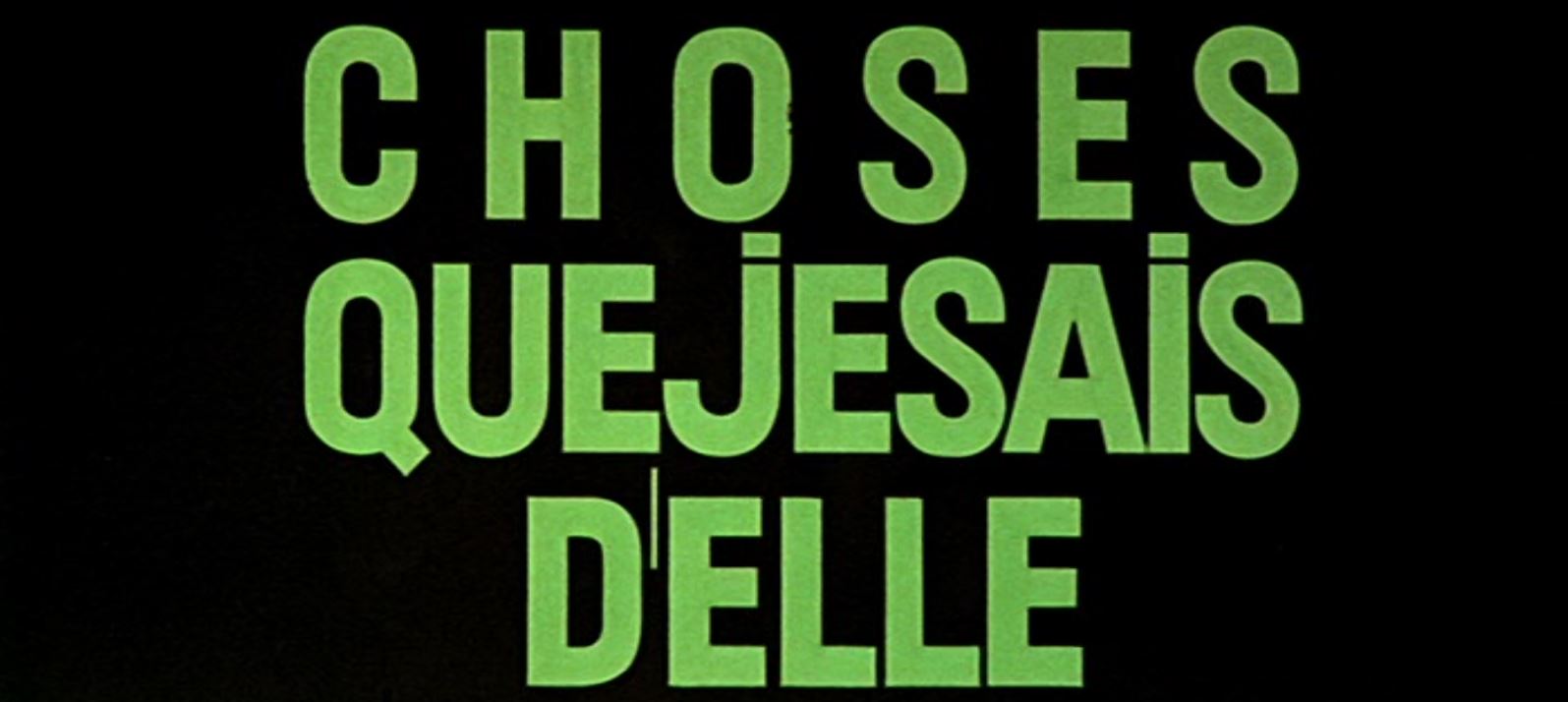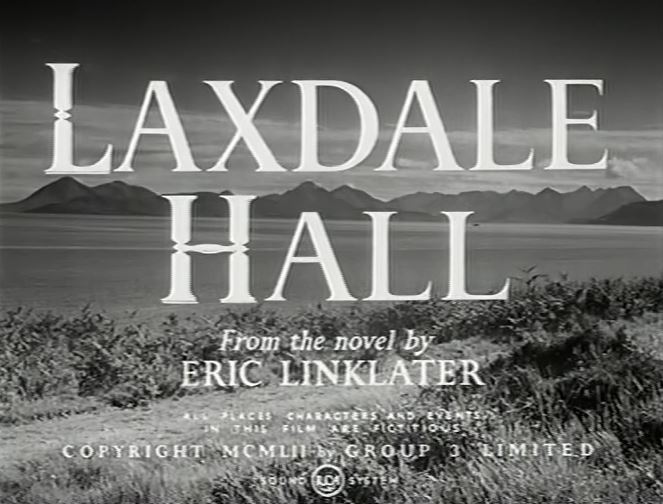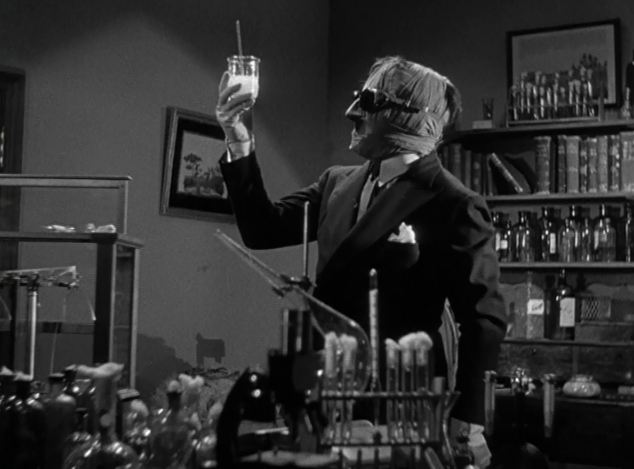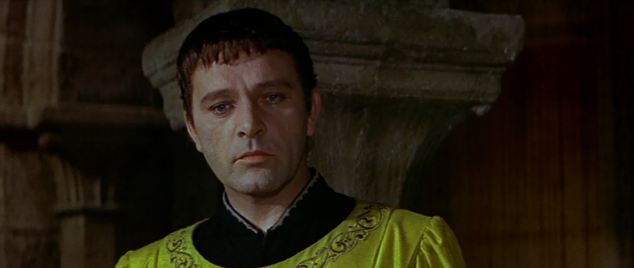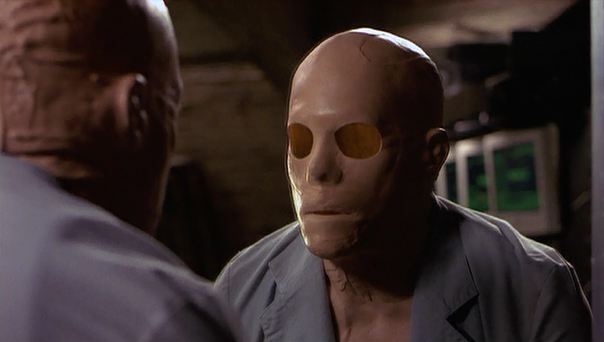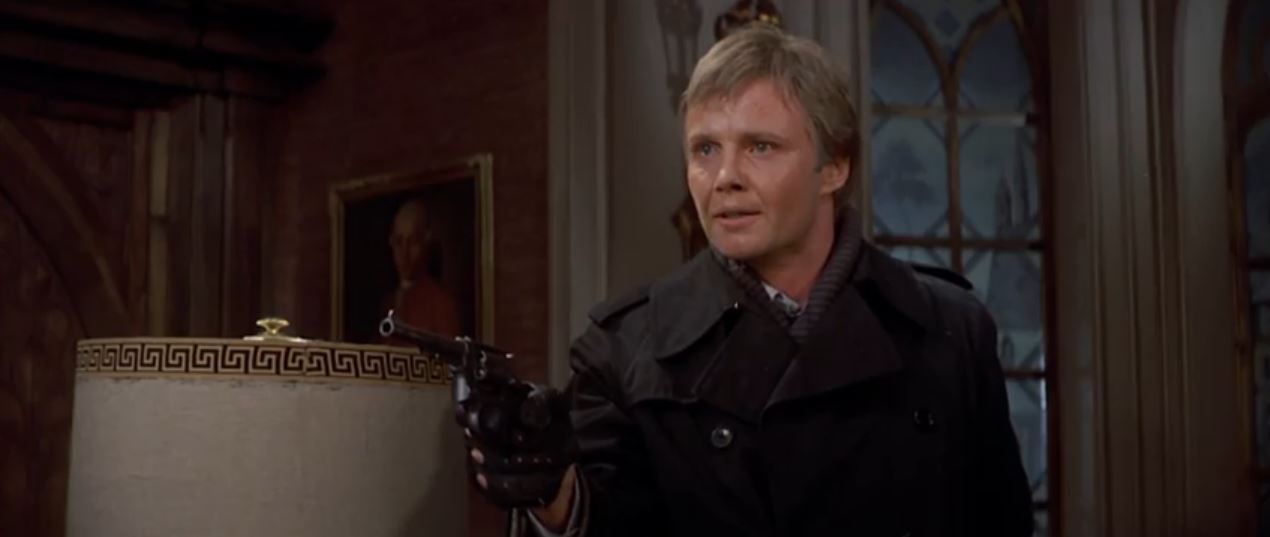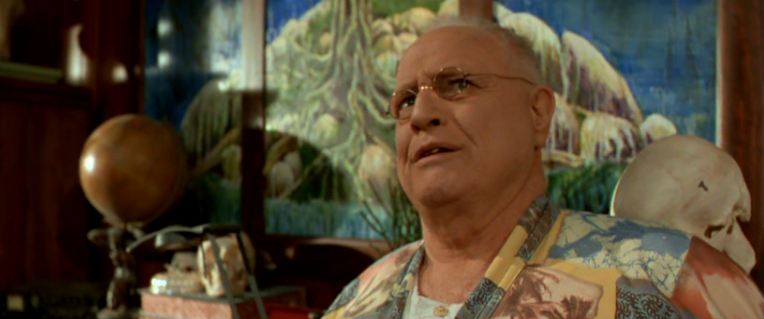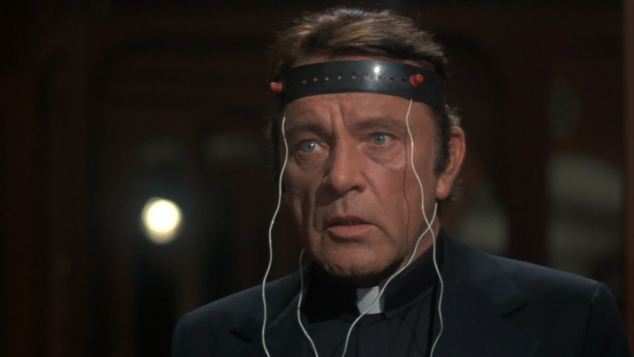Rebel Evolution (2013)
Rebel Evolution by Anna Zetchus Smith is a feature-length documentary divulging a political narrative that will be unfamiliar to most — activists from the far left who have through disillusionment, or in some cases, practical thinking and experience moved to the right.
Lest full blown conflict breaks about between the two camps however, there is a thread in Rebel Evolution which questions these stances to begin with, but the tendency of the film is to show how the group of activists questioned have through their own experience.
There are three stories here — that of Brandon Michael Darby who found far-left activism too violent when he began to become involved in such groups — Out and Proud Conservative Republican Kevin DuJan who suggest that he may have been pushed further right by the lack of tolerance he experienced when he mixed in more liberal and left wing circles — and homeless activist Ted Hayes who suggest that having run the gamut of all political beliefs, from left to right.
Although ostensibly about Brandon Michael Darby, a former leftist turned FBI informant whose political journey has much to tell us about the nature of patriotism, activism, and freedom in contemporary America, there are others such as homeless advocate and activist Ted Hayes.
The Invisible Man (BBC 1984)
Once upon a time when the BBC entered its Classic Serial mode, viewers could be guaranteed a faithful blow by blow rendering of the book in question, and The Invisible Man (1984), starring Pip Donaghy is as good example of this as can be found.
Two or Three Things I Know About Her (1967)
Coffee-spinning, Vietnam-abhorring, high-rise-building, city-cinematographic, self-prostituting Two or Three Things I Know About Her (1967), from Jean-Luc Godard and starring Marina Vlady, is a film of intellect and style, which behaves as might a documentary at times, with characters narrating their actions, along with Godard whispering personal opinions where he can.
The Invisible Man (1933)
One of the successes of the 1933 The Invisible Man is the crumminess that is brought to the rural English setting. The village and its folk, the walls, floors, doors and backgrounds contain a real sheen of indigence and a low quality look.
It's something you see in other films od the time, like Frankenstein and it's a feel that was carried forward into other interpretations of Europe made by Hollywood.

